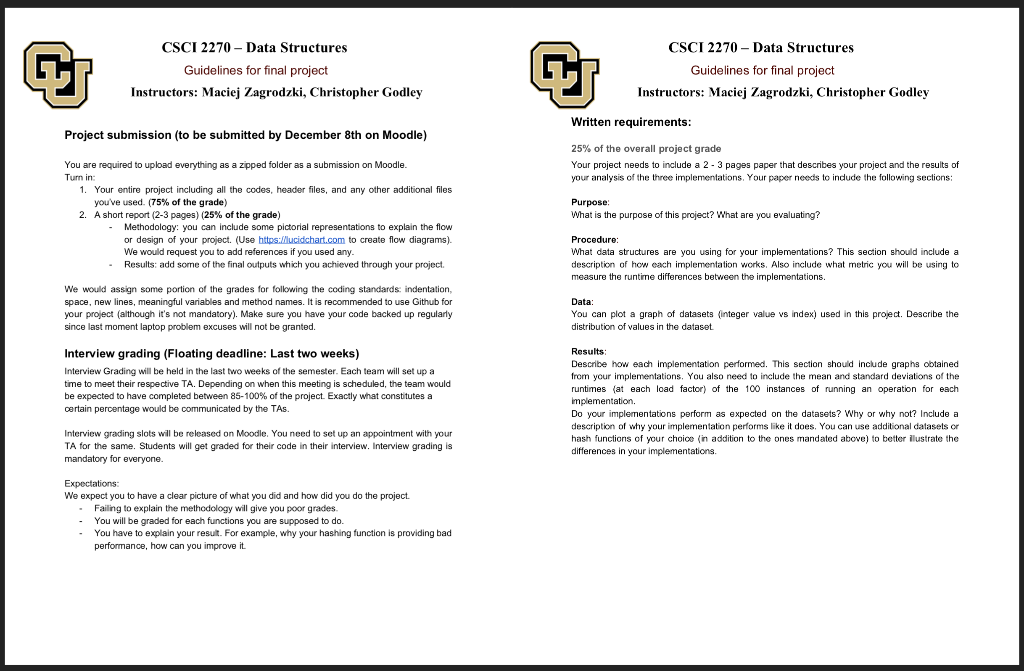Python Slots Conflicts With Class Variable
When reading the title of the question, I wondered: 'Why use a dict subclass when a regular class with slots can do?' And judging by the interface, it seems that it may fit. Slots defines attributes names that are reserved for the use as attributes for the instances of the class. In Pop11 instance variables (slots) are specified at class creation time and there is no way to add new slot to an instance after its class was created. However, for most practical purposes one can obtain desired effect in different way. Namely, except for a few low-level routines slots in Pop11 are accessed via getter and setter methods. In Python every class can have instance attributes. By default Python uses a dict to store an object’s instance attributes. This is really helpful as it allows setting arbitrary new attributes at runtime. However, for small classes with known attributes it might be a bottleneck. The dict wastes a lot of RAM. Python can’t just allocate a. It should store constants as class-level variables, and other values as instance-variables (or better yet properties). Then all of your methods should belong to that class. Keep related constants in an Enum. You have a bunch of constants related to what the slot reel is showing - these can be better described as an Enum. Very simple and intuitive. For more information on Python decorators, you might want to checkout the article - Python Decorators Overview to familiarise yourself. Finally, let's instantiate a Circle, hook up the signals to the slots, and move and resize it.
- Change Class Variable Python
- Python Slots Conflicts With Class Variables
- Python Class Variables Access
In Python every class can have instance attributes. By default Pythonuses a dict to store an object’s instance attributes. This is reallyhelpful as it allows setting arbitrary new attributes at runtime.
However, for small classes with known attributes it might be abottleneck. The dict wastes a lot of RAM. Python can’t just allocatea static amount of memory at object creation to store all theattributes. Therefore it sucks a lot of RAM if you create a lot ofobjects (I am talking in thousands and millions). Still there is a wayto circumvent this issue. It involves the usage of __slots__ totell Python not to use a dict, and only allocate space for a fixed setof attributes. Here is an example with and without __slots__:
Without__slots__:

With__slots__:

The second piece of code will reduce the burden on your RAM. Some peoplehave seen almost 40 to 50% reduction in RAM usage by using thistechnique.
On a sidenote, you might want to give PyPy a try. It does all of theseoptimizations by default.
Change Class Variable Python
Below you can see an example showing exact memory usage with and without __slots__ done in IPython thanks to https://github.com/ianozsvald/ipython_memory_usage

Pure python equivalent of the __slots__ implementation using descriptors and a metaclass.
In CPython, when class A defines __slots__=('x','y') then A.x is a 'member_descriptor' with __get__ and __set__ methods which directly access memory allocated to each instance.
As an illustration, the above code shows a rough equivalent using pure Python. In the example, when the metaclass sees that _slots_ have been defined for 'x' and 'y', it creates two additional class variables, x=Member(0) and y=Member(1). Then, it wraps the __init__() method so that new instances get created with an initialized _slotvalues list.

To make it obvious that the illustrative code is running, _slots_ is spelled with single underscores (to differentiate it from the CPython version which is spelled with double underscores).
The CPython version differs in that:
Python Slots Conflicts With Class Variables
Instead of a _slotvalues pointer to an external list, CPython allocatesmemory directly inside each instance. Accordingly, the member descriptoraccesses that memory directly instead of using a list lookup.
Whenever __slots__ are present, the __new__ method prevents an instancedictionary from being created. That makes __slots__ useful for creatingvery lightweight instances.